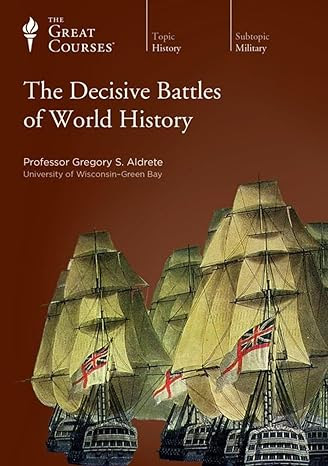THE EARLY MIDDLE AGES (The Great Courses) (audiobook) by Philip Daileader

Published in 2013 by The Great Courses. Lectures delivered by the author, Philip Daileader. Duration: 12 hours, 32 minutes. Unabridged. The idea behind The Great Courses is that anybody can have access to high quality college instructors who are truly experts in their fields. In this course the focus is the Early Middle Ages (roughly 300 CE to 1000 CE). Daileader starts with the start of the decline of the Roman Empire, somewhere around the year 300 CE. He looks at the trends of the late Roman Empire and how they led to the fall of the Roman Empire in the West (Rome, not Constantinople) and how those trends led to the political and economic systems that typify the time period we know as the Middle Ages. There is a heavy focus on what is now France, which is well-deserved since Charlemagne is one of the biggest historical figures of this era. But, other areas get a fair amount of attention, like Ireland, Spain, and the Islamic world. The sudden appearance of the Vikings contribute...


















